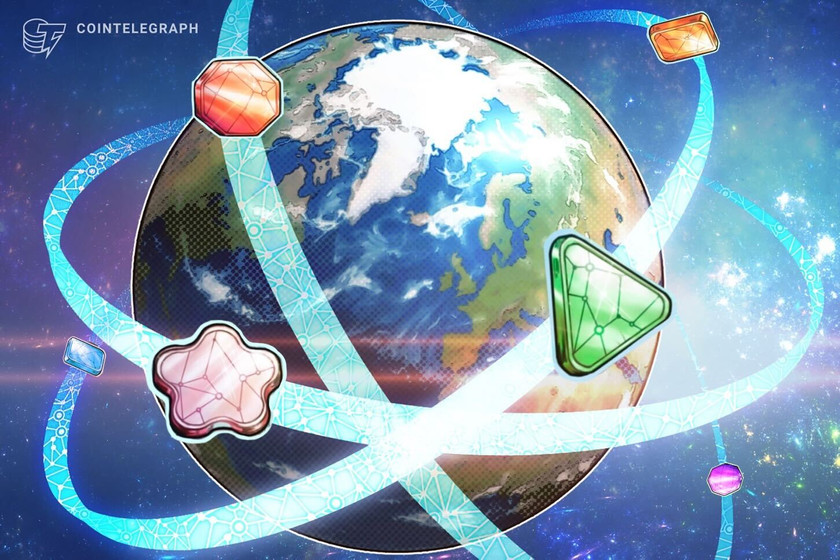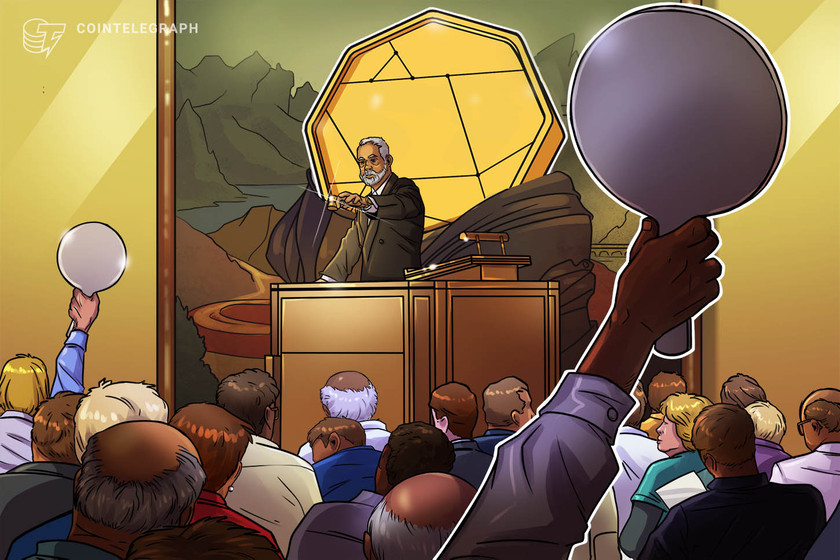FDIC to attempt another auction of Silicon Valley Bank: Report


Regulators are planning another auction for Silicon Valley Bank after the previous attempt to find a new owner failed.
Silicon Valley Bank (SVB) could be returning to the auction block with United States regulators taking a second attempt at finding a buyer for the now-collapsed bank.
According to a March 13 report from The Wall Street Journal, the Federal Deposit Insurance Corporation told Senate Republicans that they now have additional flexibility to sell the bank after regulators declared the SVB collapse a threat to the financial system.
The regulators first attempted an auction of the fallen bank on March 11, only a day after its closure. Bids were only open for a few hours.
However, the weekend auction reportedly saw no bids from major U.S. banks. There was at least one offer made by another institution — but that was declined by the FDIC.
1/Now that the SVB auction is live, know that we believe them to be a very attractive purchase given relationships and core business.
I expect that both banks and private capital will bid and there will be a lot of bids
— samir kaji (@Samirkaji) March 12, 2023
With SVB declared “systemic,” the FDIC has more leeway to offer incentives for bidders to buy the firm, such as loss-sharing agreements, according to the WSJ. However, a timetable has yet to be set for the second auction.
$SIVB. This is crazy. My understanding is that a lot of these assets have real value. https://t.co/6YgL8FyeoH
— David Adler (@DavidJAdler1991) March 13, 2023
The FDIC is an independent agency of the United States Government created to protect bank depositors from losing their insured deposits when a bank fails; it also helps with the institution’s bankruptcy process, selling off assets and settling debts.
Related: Silicon Valley Bank collapse: Everything that’s happened until now
California’s financial watchdog shut down Silicon Valley Bank on March 10 after announcing a significant sale of assets and stocks to raise $2.25 billion in capital and shore up operations.
Global banking giant HSBC has already come to the rescue of the United Kingdom-based branch of SVB, announcing on March 13 that its subsidiary, HSBC UK Bank, is acquiring Silicon Valley Bank UK for 1 British pound ($1.21).
























